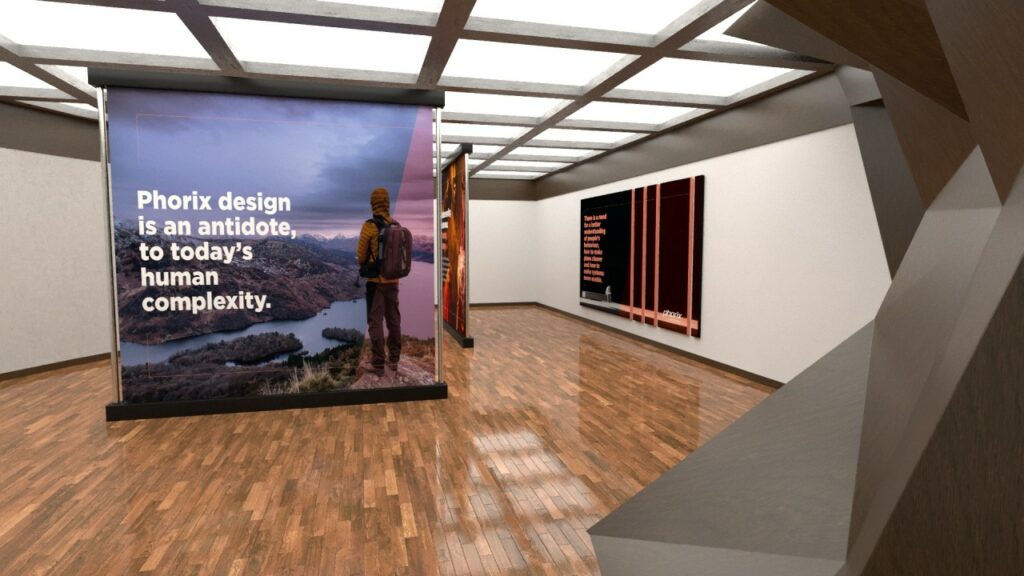The metaverse continues to make news with acquisitions, comments about Meta’s metaverse division and debate on if this is the future or just another fad. In this newsletter, we are going to focus on what training might look like in the metaverse. At the end of the newsletter, we will recap the latest news and you can find the subscribe button to get this news direct to your email inbox.
Training is an important aspect of company life. The training industry generates over $357Bn worldwide, with half of that occurring in the USA. One estimate suggests that the average employee engages in 35 hr of training a year. The digital training market is already expected to be worth 35bn in 2025. Unsurprisingly, this makes training a key target for companies developing metaverse capabilities.
Training vs Education
There are some clear differences between training and education. Education focuses on the acquisition of abroad areas of knowledge often encompassing several subjects over a long period of time. On the other hand, training is more direct and aims at building specific capabilities or skills in a narrow and often practical topic. Usually, this is over a shorter time frame than an educational approach.
Why the metaverse is particularly suited to training
Much of our work at Phorix is based on behavioural change. In many cases, one of the tools used to change an outcome focuses on building new physical and mental capabilities. Beyond knowledge, skill-building requires the ability to try out and then improve actions. With the ability to simulate real environments and conditions that are difficult to replicate in the real world, the metaverse has advantages. It’s possible to safely try out skills in virtual spaces and offer this training anywhere in the world, 24/7. This approach allows more people to build skills faster at a lower cost and reduced carbon footprint (travel, training centres/ hotels and accommodation). Further benefits of metaverse training are expected as metaverse platforms could allow some people to have a deeper engagement than face to face due to the feeling of anonymity and pressure to perform in front of people.
We know that training enhances productivity and boosts employee retention and job satisfaction. Metaverse based training also shows that skills can be developed quicker and the skills are recalled easier after virtual training. The ability to immerse people in realistic settings has been demonstrated to improve retention of information by up to 75%(1)
The types of training that could be achieved better in virtual spaces
There is potential to complete workplace training before people arrive on site. Industries like manufacturing (factories, production sites) and services organisations (healthcare, emergency services and others) are particularly well set up to feel the advantage of virtual space training. The types of training could include:
- Onboarding (equipment, process and safety)
- Personal career development (enhancing skills via scenario planning)
- Process improvement (skill-building in an existing team could include planning and practising surgery )
- Accident and emergency planning
Advantages of metaverse training spaces
Context and environment are important components of training programs. Often the setting of training is very different from the place where the skill is to be enacted. Metaverse training can simulate different environments in safe and controlled spaces.
Training in virtual spaces allows enhanced analytics of performance through recording aspects of training that are difficult to replicate physically. Gaze (eye) tracking can show the presence or absence of focus and the sequence of a process can be analysed in real-time with nudges for improved performance. Cost and scalability are also major advantages of this approach.
Current examples of metaverse training
Training takes on practical aspects of learning. The Metaverse learning team in the UK have combined the gamification of learning with developing skills in a safe environment.
In a. recent warpvr blog the following cases were outlined. Learning in the metaverse feels real. Forward-thinking companies are already investing and reaping the benefits of immersive learning:
- ErsteBank is using VR to train up to 16,000 branch employees in a variety of customer-facing scenarios.
- Dutch Railways (NS) is using VR to easily deploy company-wide interactive tours for new train types.
- Shell is using VR to improve safety awareness. By training 9,000 frontline workers on the best ways to prevent failures and stay out of harm’s way, workplace safety is significantly improved.
The Strivr platform was built to elevate performance through immersive experiences. We have delivered over 1M individual training across industry-leading enterprises. Our suite of products and services ensures a smooth and effective upgrade to Virtual Reality (VR). For a good article on Strivr and its work in training go here.
A recent owl labs report suggests that nearly half (47%) of the UK population want companies to adopt the metaverse in the workplace, while nearly two thirds (65%) also believe that it will increase workplace flexibility.
“At 100 years young, State Farm is harnessing the power of groundbreaking tech – called the metaverse,” said Matt Burns, State Farm’s technology manager. “We’re reimagining how to connect with people using virtual reality (VR) and augmented reality (AR) to create an immersive environment where people can work and play.”
The Seoul Metropolitan Government (SMG) created a metaverse to provide bicycle safety training and promote its Ttareungi public bike share scheme. Read More here.
With learning retention up to 4x faster than classroom it’s easy to see the appeal of AR, VR, XR and now the metaverse as a place to train your company. This space will evolve rapidly in the coming years.
Our own platform ZONEVS is being developed for medical healthcare and patient-orientated training. You can visit our demo here.
If you have enjoyed this edition please subscribe to get future editions direct to your email and please share the newsletter within your network. Phorix can be reached at mark@thephorixgroup.com and our metaverse platform can be accessed at www.zonevs.io we would be happy to give you a full demonstration of our capabilities.
